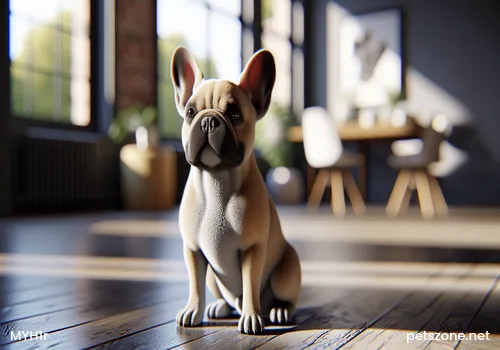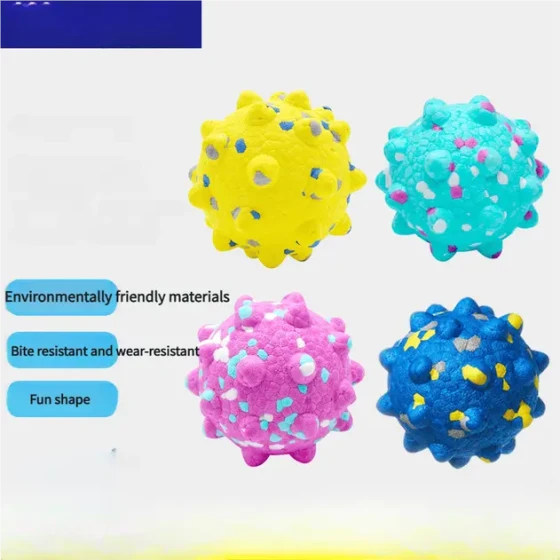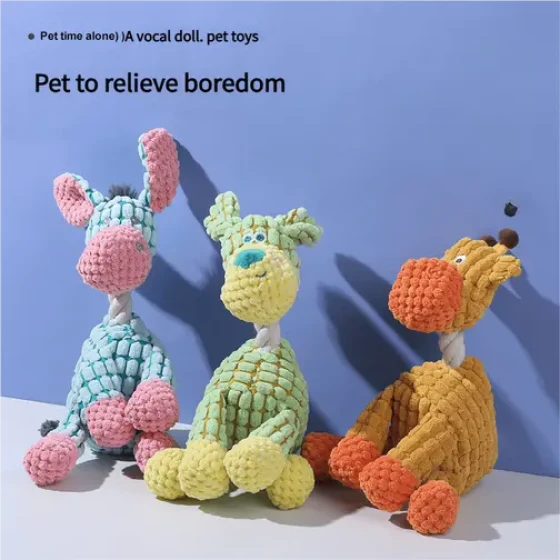Good Habits Dogs Should Learn

Teddy Dog (Detailed Introduction)
1.Toileting Rules: Hygienic care to prevent odors; even if toileting rules are not followed, don’t get angry.
If you raise a dog indoors, please be sure to cultivate the dog's toileting habits well. Dogs are very clean animals and will not defecate in their own bed. Therefore, when a puppy first arrives at your home, you should immediately show it where the litter box is and let it use it once there. At first, the puppy may have accidents outside the designated area; at this time, you should take the dog to another room and clean the soiled area thoroughly out of the puppy's sight, then spray some deodorizer. Gradually, the puppy will remember the location of the litter box. After two weeks, the puppy can go to the designated place to defecate on its own.
2.Walking Rules: Do not let the dog walk in front of the owner, keep it on the owner's left side; it’s best to vary walking times and routes daily.
Discipline during walks: Walking is a form of relaxation. During the first three months after birth, puppies can grow freely indoors; by four months old, they should start doing some simple outdoor exercise. Some small dog owners believe that indoor exercise is enough and outdoor walking isn’t necessary. However, for dogs kept at home, outdoor walking is an important opportunity for them to relax. Therefore, it is recommended to walk your dog outside twice a day if possible.
People are supposed to lead dogs during walks, but often dogs are seen pulling people down the street. Active walking becomes passive walking. At this time, shorten the leash, have the dog stay on your left side; if it moves ahead of you, say "No" to stop it and pull the leash tighter. For dogs that always like to walk ahead, it’s best to use a metal control chain.
3. Let the dog be socialized: Teach the dog social rules to win the affection of people and other dogs. Overindulgence is not good; approach dog training with the same mindset as raising a child.
Helping dogs have social skills means mastering the canine world’s rules: families with multiple dogs are a different matter. If you have only one dog, it only meets other dogs during walks. Therefore, when walking, try to let your dog play with other dogs as much as possible.
Through play with others of its kind, it learns many things humans cannot teach, such as which body parts hurt when bitten and which behaviors cause other dogs to refuse to play.
Additionally, let the dog have plenty of contact with humans, accepting pets from adults and children. This is an important part of socialization. Allow it to get used to being touched by strangers, so that when visiting the vet, it can be treated smoothly, and when encountering unfamiliar dogs on walks, it won’t continuously bark at them.
4. Crate training: Once learned, traveling together or leaving the dog home alone won’t cause worry. Do not give the dog the impression that it is being confined. Use crates flexibly:
Have you discussed with family how to handle leaving the dog alone at home or visiting guests who dislike dogs?
An effective method is crate training. Encourage the dog to enter the crate (box or carrying bag), stay obediently inside without running around. Dogs usually dislike small confined spaces and aren’t happy staying in crates. Therefore, you should first put things the dog likes inside the crate to make it fun, gradually extending the time the dog stays inside from five to ten minutes. Once accustomed, you can safely bring the dog to hotels or accommodations that allow pets.
5. Stop picking up and eating things on the street: Prevent eating rotten or toxic items by tightening the leash when the dog tries to pick up food from the ground. Avoid eye contact with the dog.
6. Stop barking at the doorbell: Prevent disturbing neighbors by recording the doorbell sound on tape and asking a friend to ring it, so the dog understands barking is futile.
7. Teach it to remember rooms it cannot enter: Scold the dog as soon as it tries to enter such rooms to avoid leaving bad impressions on disliked guests.
8. Don’t let it bark indiscriminately: To prevent bothering neighbors and promote peaceful coexistence between dogs and people, identify the cause of the barking.
9. Stop bad habits of chewing things: To prevent damage to household items.
10. Rules about eating: Giving a dog everything it wants to eat can harm its health.
11. Training in apartment living: Consider people who dislike dogs and do not neglect discipline.
12. Rules when leaving the dog home alone: To prevent the dog from misbehaving with items in the room (such as trash cans).



